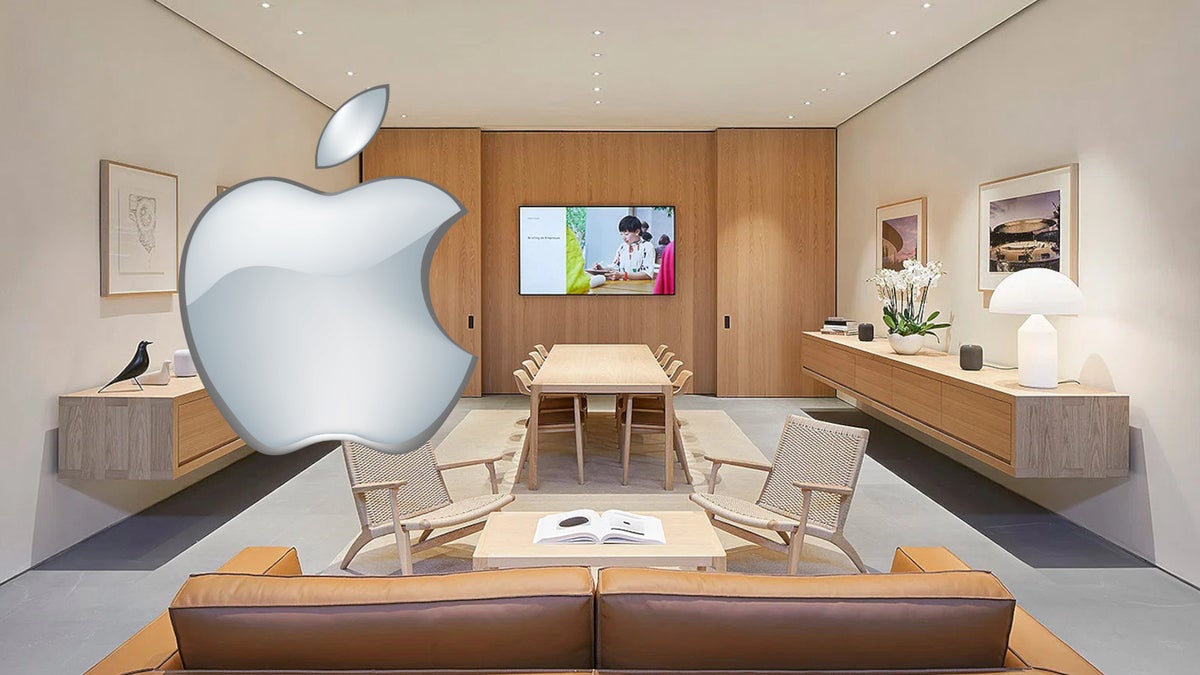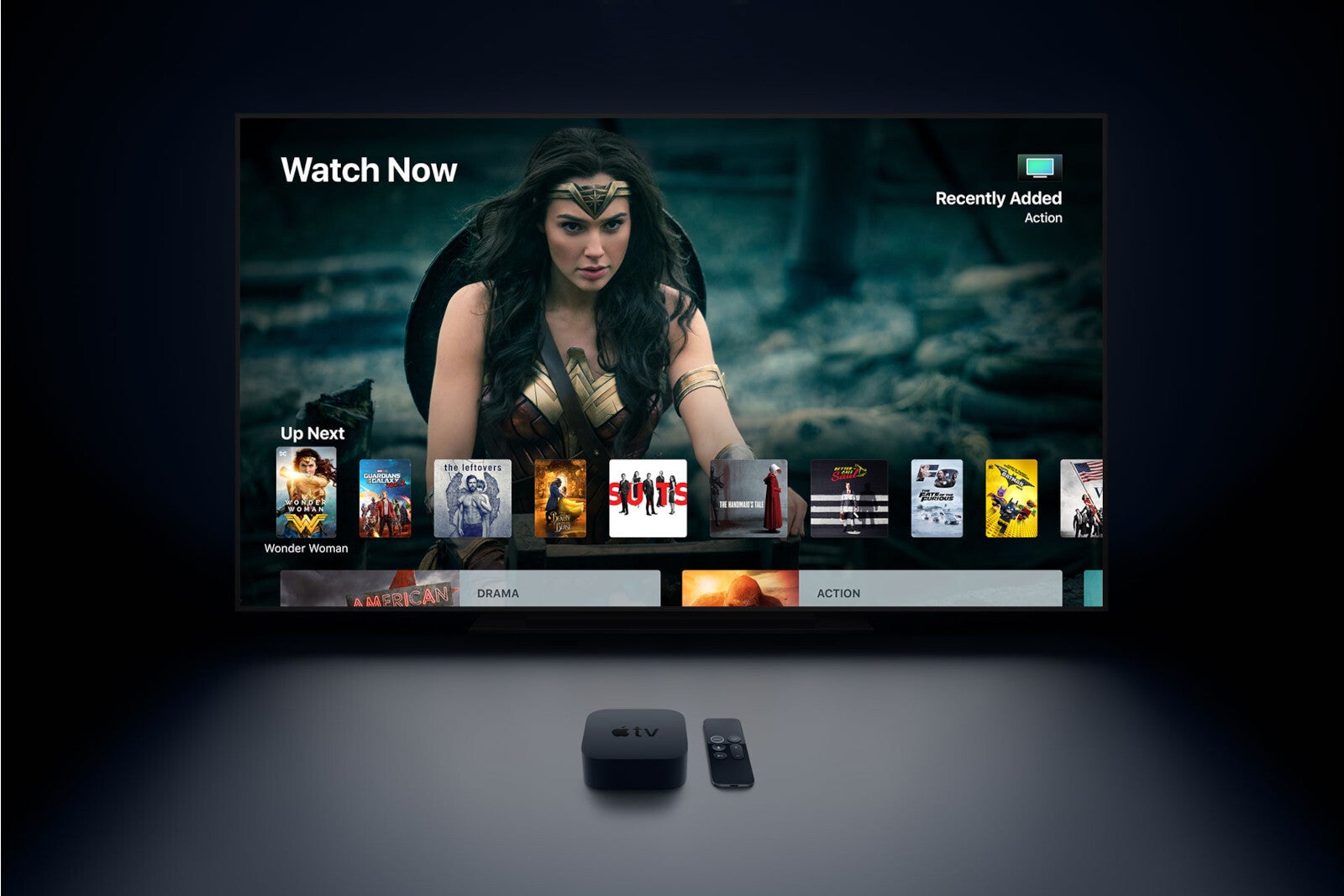Apple's living room ecosystem is dying

Apple's growing ecosystem has slowly moved on from comprising our day-to-day phone, tablet, laptop, and smartwatch gadgets to stretching out across our living rooms—and even across our entire homes, with additions such as Apple's HomeKit software framework.
It seems that the Cupertino giant's strategy to take over our living room hardware may not be as clear-cut as its well-organized portable tech ecosystem, however, according to Bloomberg journalist Mark Gurman. In a paywalled piece on his Apple tech column Power On (covered by MacRumors), Gurman shared some very interesting opinions about the direction Apple's living room ecosystem is taking.
Is Apple TV eventually going to die?
[The] company doesn't have a strong living room hardware strategy and that there isn't much internal optimism. —Mark Gurman
Apple engineers have apparently spoken to Gurman directly to share their fears that Apple is headed for a distinct downward turn with the current state of the Apple TV setup, amidst today's competitive influx of streaming services.
It's now 2021, and the Apple TV set-top box together the new Siri Remote costs a whopping $200 (before any of the subscription fees)—which, as Gurman notes, is more than twice what some competitors are selling their TV boxes for.
And while in its adolescence, the Apple TV pack may have had a lot of value and innovation to offer, it has lost many of its advantages as new streaming services such as Netflix, Hulu, Amazon Prime Video, and all the rest offer a near-endless array of shows to watch from anywhere, while spending much less on hardware to go with it.

And although Apple has many loyal fans of the Apple TV, who are already wallowing waist-deep in Apple's wider ecosystem and don't mind forking over some fat cheques for the convenience, Gurman believes that the Apple TV system may not thrive or grow for long if Apple doesn't slash the price, or at least offer a slew of more competitive features to give it a tangible edge above the rest.
"As of now," Gurman surmises, "it's hard to believe [a strong living room ecosystem] will happen soon, especially with Apple engineers telling me that the company doesn't have a strong living room hardware strategy and that there isn't much internal optimism."
"A Pointless Accessory"
Apple may indeed need to step it up and formulate a more defined vision for the future, perhaps starting with a more appealing Apple TV package. For now, Gurman says, the Apple TV is a "pointless accessory": a fact supported by a Strategy Analytics analysis of 2020 data showing that the Apple TV product holds a mere 2% of the streaming device market. Not an encouraging number, to say the least.
At the moment, after having discontinued the original HomePod, the Cupertino company is already developing a combined Apple TV, speaker, HomePod and FaceTime camera all-in-one hub that will probably come out sometime in 2023.
One can only imagine how much such a device may cost, and whether or not it ends up a flop or a success largely depends on whether Apple sets out to conquer more of the market by having more to offer than its competitors, for a reasonable price.
Until now, Apple has been upgrading the Apple TV in all the wrong ways, Gurman believes. This year, Apple improved the system with a new Siri Remote, a faster processing chip, and has also lately added integration with HomeKit, AirPods, Fitness+, the iOS remote app.
However, these are all besides the point when it comes to convincing people to switch to Apple TV and set it on the path to becoming a market leader, says Gurman. Apple needs to do even better when it comes to shining above the rest in living room tech.
Follow us on Google News












Things that are NOT allowed:
To help keep our community safe and free from spam, we apply temporary limits to newly created accounts: